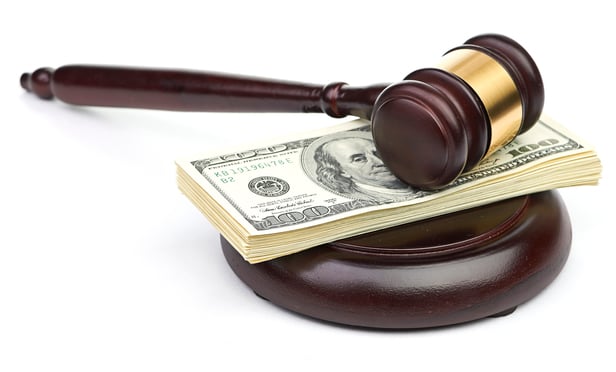To the considerable arsenal of remedies already possessed by the Securities and Exchange Commission the U.S. Court of Appeals for the Second Circuit has recently added another: The SEC is authorized to seek disgorgement of illegal profits that a defendant never personally possessed. The Second Circuit, in SEC v. Contorinis,1 affirmed the district court’s imposition of an order that the defendant must disgorge over $7 million in profits from an insider trading scheme that only benefited the fund he managed. The court rejected the defendant’s argument that any disgorgement should be limited to less than $500,000, the amount by which his compensation was inflated due to the scheme. In the wake of Contorinis, the SEC can not only seek civil penalties,2 bar orders,3 and seek injunctions against future violations,4 it can now seek “disgorgement” of the entire gross profit earned by an insider trading scheme against any one defendant regardless of the pecuniary benefit obtained by that particular defendant.5
This decision, if left standing, will have significant consequences for individuals in settlement negotiations with the SEC and in any subsequent enforcement action brought by the agency. It would allow the SEC to seek disgorgement awards greatly exceeding any unjust enrichment obtained by the defendant and to seek pre-judgment interest on that whole amount. Indeed, in Contorinis, the Second Circuit affirmed an award of nearly $2.5 million in pre-judgment interest on top of the award of $7 million in disgorgement. This article critiques the Second Circuit’s opinion and questions whether the SEC, in the exercise of its considerable discretion, should seek disgorgement and pre-judgment interest beyond the benefit a particular defendant obtained from the illegal scheme.



